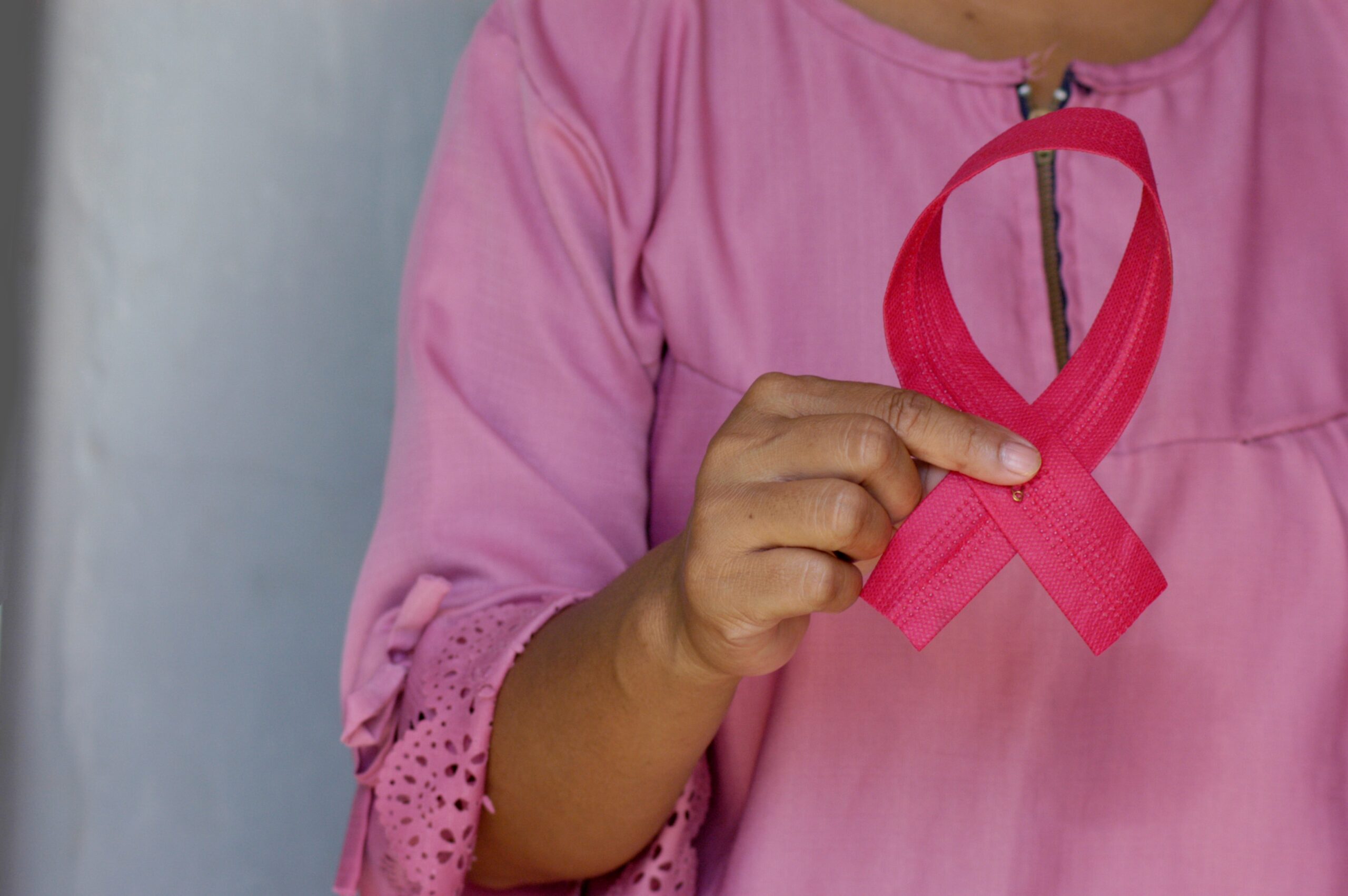Breast Cancer Risk and Genetic Counseling
Hereditary Cancer Foundation www.hereditarycancer.org/. Local foundation/support for families with hereditary cancer risk.
FORCE (Facing Our Risk of Cancer Empowered), 866-288-7475 or www.facingourrisk.org National support group for individuals and families with hereditary cancer risk.
Bright Pink, www.brightpink.org . National support group for individuals and families with hereditary cancer risk. Geared toward the younger generation who are survivors.
Black & BRCA, https://www.basser.org/brca/black-brca. Tailored resources and support to the Black community.
Information about GINA (Genetic Information Non-Discrimination Act) Law: https://www.genome.gov/about-genomics/policy-issues/Genetic-Discrimination
www.Cancer.net . General information about cancer from the American Society of Clinical Oncology.
National Society of Genetic Counselors www.FindAGeneticCounselor.com. Locate a genetic counselor near you.
What is a Genetic Counselor Video:
INFORMATION FOR PATIENTS:
Cells make up every tissue of the human body and work together to make tissues and organs.
Each cell contains 23 pairs of chromosomes; one set from our biological father and the other from our biological mother. One pair is called the sex chromosomes and determines whether a person is biologically XX (female), or XY (male). The other 22 pairs are “autosomes” responsible for all other functioning of the body.
Chromosomes are composed of genes of DNA. It is through copying parts of the DNA over and over that genes are responsible for making proteins that regulate the functions of the cells and therefore the tissues and organ functions of the body.
We all know that we can “inherit” traits (like hair color) from our biological parents through genes. Disease, or a higher likelihood of developing certain diseases, like cancer, can also be passed to us by our parents. Another way that cancer may develop however is through gene changes in a cell or cells that occur randomly, because of a toxin, or for reasons we don’t yet understand. These gene changes are not inherited. Changes in genes may lead to the making of more or less of the normal amount of protein for which a cell gene is responsible. Too much or too little of certain types of proteins causes improper regulation of cell functions. In other words, proteins start turning on too much cell activity (growth for example) or do not prevent improper cell activity from occurring – which can result in cancer (an overgrowth of abnormally functioning cells).

Your feedback is appreciated. Help us improve the site.
Submit your feedback here!

About Us
Learn more about the Beating Breast Cancer project.
